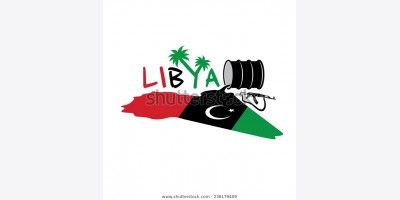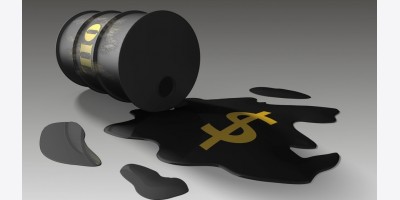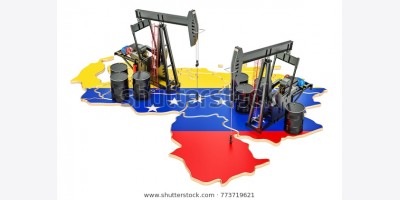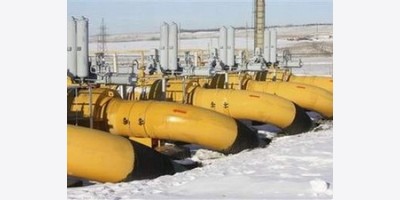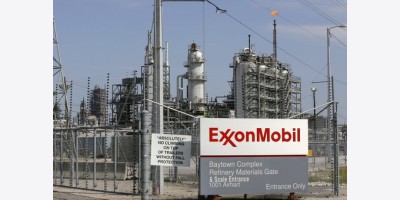
Around 90 per cent of the country's revenue comes from oil (Source: Getty)
There's no escaping the market meltdown - even Saudi Arabia, which for years has revelled in its oil-rich economy, is having to consider austerity measures.
According to anonymous sources who spoke to Bloomberg, the kingdom is seeking financial advice on how to take billions of pounds off its 2016 budget, as plummeting oil prices continue to take their toll on growth.
They said the government was in the early stages of putting together a review of capital spending plans for the Middle East's largest economy. Changes that might go ahead include alterations to some infrastructure projects and cuts to investment spending.
They confirmed that spending on public sector salaries would not be affected, however. City A.M. was unable to contact the Saudi finance ministry for comment.
Earlier this month, the IMF predicted that Saudi Arabia would post a budget deficit of 20 per cent of GDP for the year, and that economic growth would slowdown to 2.4 per cent, down from its current level of 2.8 per cent.
It warned that the country must make more effort to diversify its economy away from oil, which currently accounts for around 90 per cent of its revenue.
"The decline in oil prices has increased the importance of structural reforms to switch the focus of growth away from the public sector and toward the private sector."
Over the last year, oil's price per barrel has roughly halved, and yesterday it took a particularly big battering amid the China panic. After the Shanghai Composite Index declined by 8.5 per cent in morning trading - its biggest fall since 2007 – there was a sell-off of stocks and shares across global markets, and Brent crude fell 6.1 per cent to $42.69 a barrel.
Change in tone from Opec members
Yesterday's chaos resulted in calls from some of Opec's member countries to discuss the possibility cutting down oil production in the Middle East.
Algeria called for renewed discussions, which are currently not due to take place until December, while Iran's oil minister Bijan Zanganeh said an emergency OPEC meeting could be "effective" at stabilizing the price of oil.
But for this to go ahead, Saudi Arabia will need to be game, and so far it has shown no signs of shifting its position. “Even if prices fall further, Opec won’t cut,” a Saudi industry official told the WSJ yesterday.
As the world’s biggest exporter of oil, Saudi Arabia sped up the decline in prices last November when it decided to pump more oil into the already saturated market, creating an even greater imbalance between supply and dem







